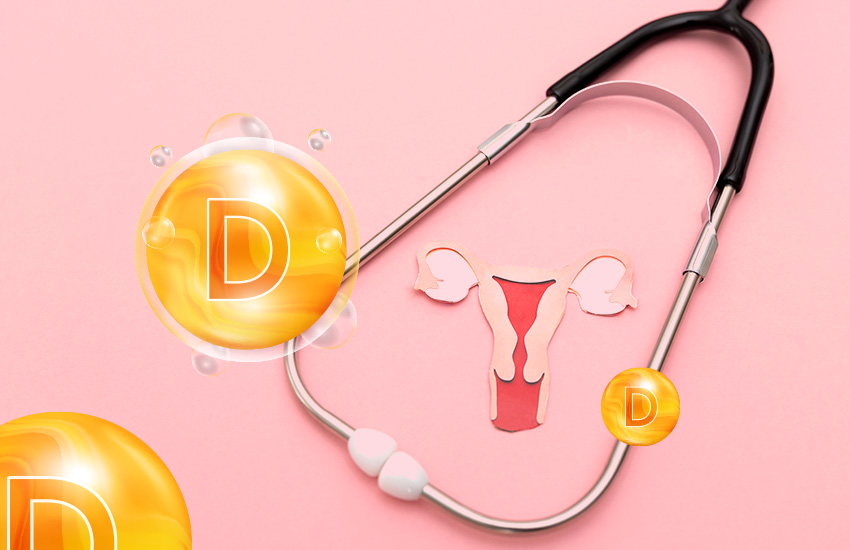Understanding the Impact of Low Vitamin D on Your Fertility Journey

Vitamin D, often called the “sunshine vitamin,” plays a significant role in overall health and has a profound impact on reproductive health. While its benefits for bone and immune health are well-known, vitamin D is also a critical factor in fertility. For couples considering in vitro fertilization (IVF), addressing vitamin D deficiency can improve the likelihood of a successful outcome.
This blog explores how vitamin D affects fertility and highlights steps you can take to optimize your chances of conceiving.
What is Vitamin D Deficiency?
Vitamin D is naturally produced when the skin is exposed to sunlight. It can also be obtained from certain foods and supplements. However, modern lifestyles, limited sun exposure, dietary habits, and geographic factors have made vitamin D deficiency increasingly common.
A lack of vitamin D can lead to various health concerns, including weakened immune function, higher risk of chronic diseases, and challenges with conception.
How Does Low Vitamin D Affect Fertility?
Vitamin D influences fertility in both men and women through complex biological pathways. Research shows that adequate levels of vitamin D are essential for reproductive health.
In Women
Vitamin D receptors are present in the uterus and ovaries, making this nutrient vital for hormonal balance and reproductive function. Adequate vitamin D levels can:
- Regulate sex hormone production
- Support ovarian follicle development
- Improve the uterine environment for successful implantation
In contrast, vitamin D deficiency can disrupt ovulation and create an unfavorable environment for embryo implantation.
In Men
For men, low vitamin D levels have been linked to:
- Poor sperm quality
- Reduced motility
- Lower testosterone levels
These factors directly impact the chances of successful conception, whether naturally or through assisted reproductive techniques.
The Role of Vitamin D in IVF Success
For couples undergoing IVF, sufficient vitamin D levels can significantly enhance the chances of success. Studies suggest that women with optimal vitamin D levels experience higher IVF success rates compared to those with deficiencies.
Vitamin D contributes to:
- Better embryo development
- Improved uterine lining
- Enhanced sperm quality and function
Addressing vitamin D levels before starting IVF is a simple yet impactful step toward improving outcomes.
Tips for Managing Vitamin D Levels During Fertility Treatment
If you’re trying to conceive, addressing vitamin D deficiency should be part of your fertility preparation. Here are key steps to consider:
- Testing and Monitoring: Get a blood test to assess your current vitamin D levels. Consult your healthcare provider to determine your optimal range.
- Diet and Supplements: Include vitamin D-rich foods in your diet, such as fatty fish, fortified dairy products, and egg yolks. Supplements can also help restore optimal levels under medical supervision.
- Sunlight Exposure: Spend 10-15 minutes in sunlight a few times a week to boost natural vitamin D production.
- Consult Your Doctor: Work with your fertility specialist to monitor and manage vitamin D levels, especially if you’re pursuing IVF or other fertility treatments.
Conclusion
Vitamin D is a crucial yet often overlooked factor in fertility and pregnancy. Deficiency in this essential nutrient can impact both natural conception and IVF success rates. Regular monitoring, a balanced diet, and appropriate supplementation can help ensure adequate vitamin D levels, supporting your journey toward a healthy pregnancy.
By addressing vitamin D early, couples can take a proactive step toward enhancing their chances of conception and a successful pregnancy. Consult your healthcare provider to develop a personalized plan that aligns with your fertility goals.